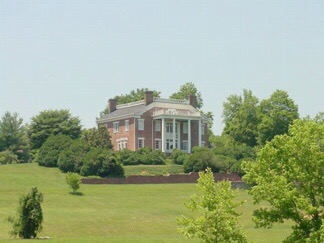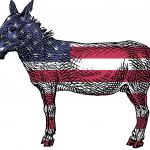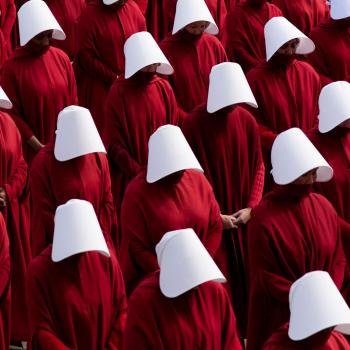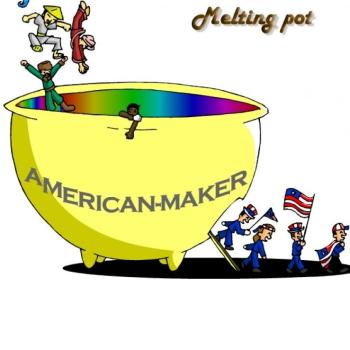I am a born and bred Central Indiana flatlander. There is no way around it and I am not ashamed of it. Yet, Southern Appalachia runs deep in my blood. For as long as I can remember I have always felt the draw of the southern mountains. My dad was born and raised on a little mountain farm in Hawkins County, Tennessee. I grew up cherishing my visits to that little slice of God’s Country. I marked the calendar and counted down the days before I could go back to visit my grandpa and grandma and run around those beautiful hills and hollers that called to me like a siren’s song. When I was back in the flat country of my birth, I would spend hours pouring over books that dealt with the themes of Appalachia. I drank in the Foxfire Book series, for instance, as if they were the elixir for my very soul. Truth be told, they were. Similarly, I found bluegrass music as a way to connect to my home away from home. Those songs of the mountains reached into my heart and scratched the painful, pining itch that always nagged at me to return to the hills.
One reason for my connection to Appalachia was my grandpa. He loved to take me on long rides along winding mountain roads high up on steep ridges and down in deep, dark ravines. Around every bend in the road, he seemed to have another story to tell me that connected me and my family to that place. My great grandfather, Grandpa’s dad, was a mail carrier who delivered the mail to these isolated little mountain homesteads on horseback during the early part of the 20th Century. Grandpa used to love to drive me around and retrace his dad’s mail route, comparing and contrasting what things were like way back then with my own times. Though I never met my great grandfather, the mail carrier, I felt as though I knew him, thanks to those rides. I ate that stuff up like it was the nectar of the gods. Grandpa loved to show me places where he once had lived as a child and such places always came with more stories of the past and more opportunities for me to reinforce my own connection to these places.
Grandpa has been gone over five years now. I miss him and I miss those special rides he and I took. My heart swells with pride for him and for my family connection to that special part of our country that I love so much.
I am not proud, however, of everything Grandpa taught me about my family. But I am just as thankful for the lessons they provided for me. The picture at the top of this article, and below, is another place I remember Grandpa telling me about. I was pretty young when I first learned about that house in the pictures. It is a regionally famous place, called the Rotherwood Mansion. This stately home sits just outside of Kingsport, Tennessee on the banks of the Holston River. It was once owned by my family. (Click on the words Rotherwood Mansion, above, to read much more about it)
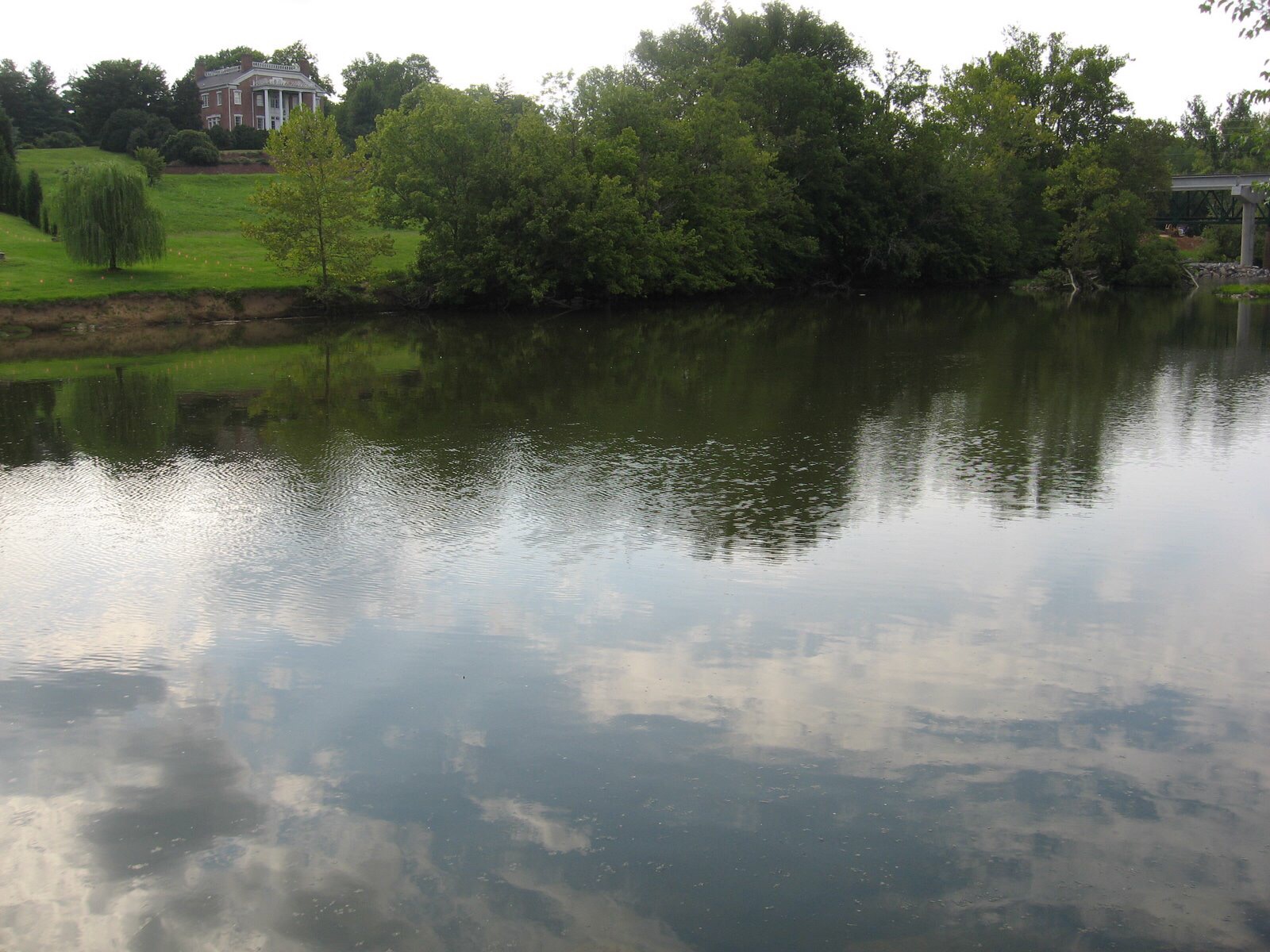
Kingsport is the nearest city to my Grandpa’s farm and that is generally where we would go shopping or out to eat when we were visiting. When we would drive to Kingsport, we would pass by the Rotherwood Mansion and Grandpa would often tell stories about our family connection to it. Although Southern Appalachia was not an area with a lot of large plantations and slavery, the Rotherwood Plantation was an exception. It was one of the largest plantations in eastern Tennessee, consisting of more than 2,500 acres of prime bottom land and worked by many slaves. I am a direct descendant of the owner of that plantation, and those slaves, Joshua Phipps. Joshua was not just a large slave holder, he was a legendarily cruel one at that. I learned that as a young child through the folklore passed down through our family. As we drove past the mansion, Grandpa sometimes would point out the large granite obelisk that marked Joshua Phipps’ grave high on the hill near the home. Grandpa told me the story of how legend had it that Joshua (Grandpa, in his southern mountain drawl, pronounced it “Joshuway”) asked to be buried standing up and facing his fields so that he could watch over his slaves even after death. That kind of story stays with a boy. Every time we drove past that place I would crane my neck to try to get a glimpse of that grave marker and would imagine mean old “Joshuway” buried vertically up there on that hill…truth be told, I still do when I drive by there even to this day. I don’t really believe all the folklore to be true, but the hard cold facts that my kinfolk owned and traded in human beings can’t be disputed.
If you click on that link up there a couple paragraphs above, you can find the last will and testament of my 6th or 7th great grandfather (I forget just which) William Phipps, “Joshuway’s” grandpa, wherein he bequeathed the human beings he owned, as slaves, to his children. Throughout that document can be found phrases such as this one:
“Unto my daughter, Sarah, I will and bequeath one negro woman called Cinda and also one negro girl, yellow complected, called Roda, stock, household and kitchen furniture.”
That kind of thing sticks with a boy, too.
I didn’t really process all of this until much later. As I became a historian and began to research and, later, teach the American story, I began to stitch all the pieces from my family history into the bigger quilt of the American narrative. I began to understand that, when it comes to history, nobody’s hands are clean. I came to accept the idea that, while there are certainly some branches of my family tree I shouldn’t be proud of or celebrate, I also can’t just cut them off and bury them under a mound of shame either. My family story is America’s story, warts and all. My family–and yours–is bigger than the sum of its parts. It is a conglomeration of human beings, past and present, near and far, flawed and wonderful. The good, the bad, and the ugly, struggling to carve out an existence the best they saw fit, in the times they lived, with the hand they were dealt. I look back at things done by my ancestors and wonder how they could justify their actions, yet, I sometimes also wonder if they would look at some of my actions from their time and wonder the same of me.
One of my favorite standards that I teach and preach all throughout the school year says that we should recognize historical perspective and avoid judging the past based solely on modern day norms. If we want to view history fairly, we must always keep that in mind. We owe the same courtesy to our own family history. We don’t have to approve of or excuse everything our forebears did, but we can learn from their mistakes and strive to make our limb of the family tree a healthier one for future generations to discover.

